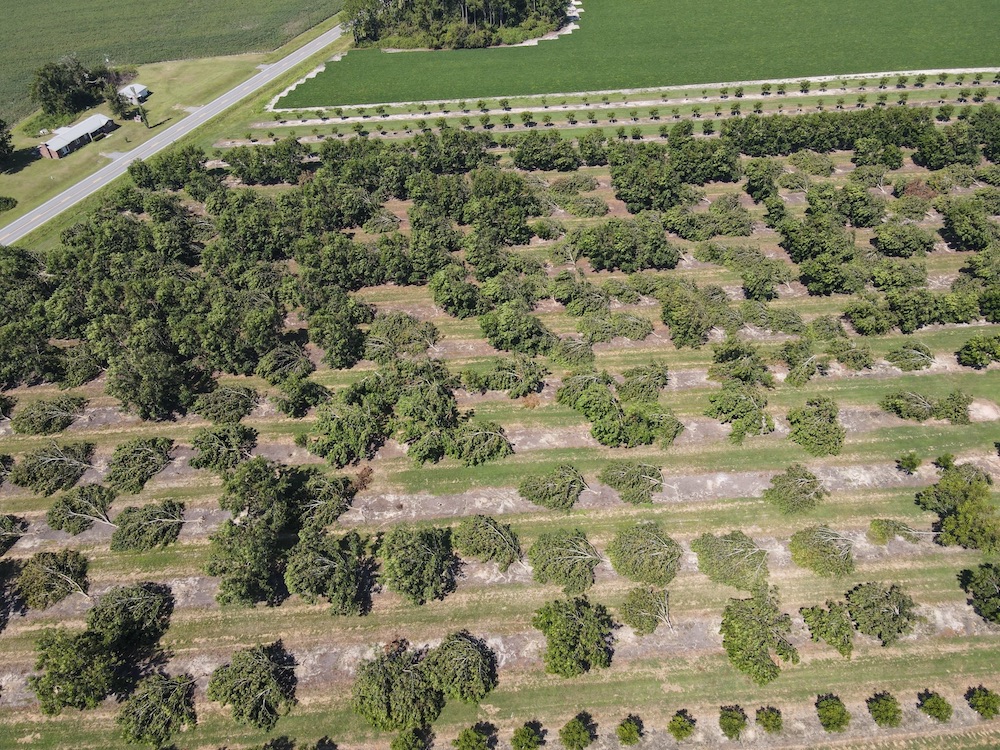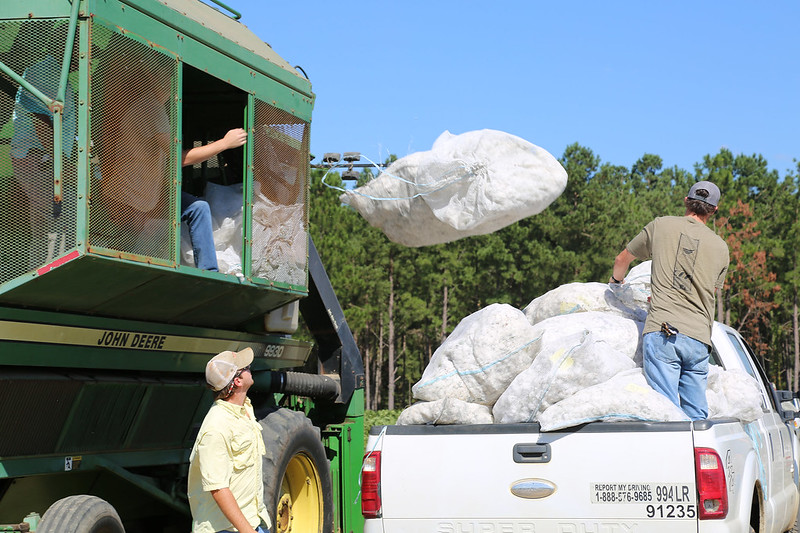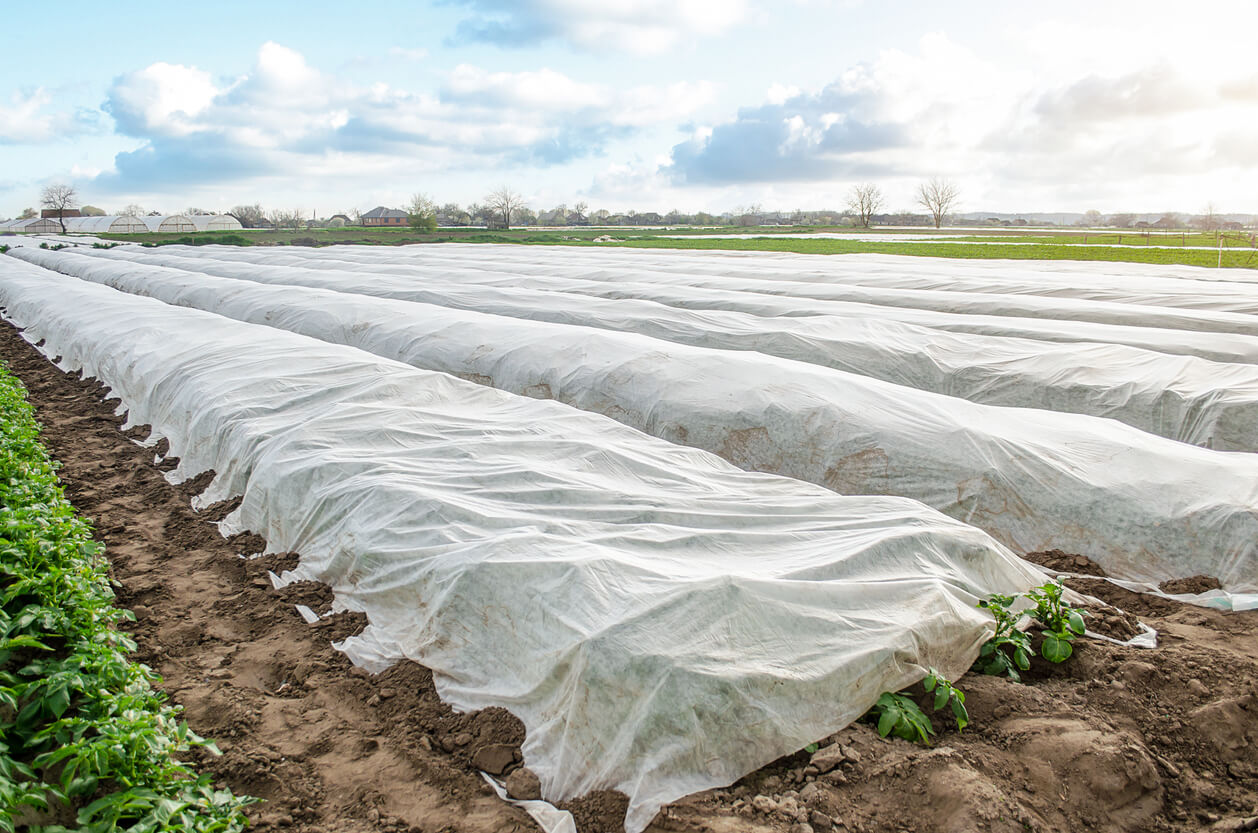Fifteen Georgians were among the hundreds who lost their lives last week in the deadly string of tornadoes that tore through the Southeast. Thousands more escaped with little more than their lives as storms left cities in ruins from Texas to Virginia.
The life and strength of the tornadoes led to the massive destruction, according to Pam Knox, Georgia’s assistant state climatologist.
“Most tornadoes travel for about a mile. Some of these tornadoes had tracks that were 80 miles or longer,” she said. “All of the ingredients were perfect for building tornadoes. We had temperatures in the 80s and high humidity. Warm temperatures and moisture act as energy for storms.”
Southern tornadoes tend to be deadlier than those occurring in other regions because of the large amount of forestland in the South (Georgia is 70 percent forest). And many residents live in mobile homes or don’t have adequate sheltered protection.
Georgia is in a La Niña weather pattern right now, Knox said. As La Niña fades, the threat of tornadoes should ease, but more outbreaks are still possible.
In the event of a tornado, quickly seek shelter in a sturdy building. The lowest level away from windows is the safest place. If a sturdy building isn’t around, lie down in a ditch or low spot where cars or trees won't blow on top of you. Don't stay in a car.
Bad weather affects everyone
Severe weather can be a threat any time, said Lt. General Russel Honore, who coordinated the military relief effort for the victims of Hurricane Katrina. But “preparedness is a hard sell,” he recently told a group of UGA Cooperative Extension agents meeting at the Rock Eagle 4-H Center.
“Disaster can happen anywhere,” Honore said. “Prepare an evacuation kit, have an emergency plan and put a weather radio in your bedroom. It can save your life.”
Get a weather radio
A National Oceanic and Atmospheric Administration, or NOAA, radio sounds an alarm and broadcasts up-to-date details about impending major weather.
“More people lose their lives at night when they are unprepared for changing weather,” Honore said. “It could give you the 8 to 10 minutes you need to save your life.”
Buy one with the Specific Area Message Encoding, or SAME, technology. It can be programmed for particular counties. Weather radios are available at electronics stores and at some grocery stores.
Purchase a regular battery-powered radio, too, for up-to-date news and weather reports during a crisis.
“The late-April storms were very well forecasted,” Knox said. “We knew on Sunday strong storms would be moving through on Wednesday. But power outages in Alabama led to some notification issues, and some people may not have been aware the storms were coming through.”
Prepare a survival kit
It may take days for help to arrive after a natural or man-made disaster, especially if roads are hazardous. And major events, like the tornadoes that ripped through multiple states, can cut electrical power for days. Prepare an all-hazards kit with supplies that will allow you and your family to survive for three to seven days without electricity and clean running water. The most critical supply is at least one gallon of drinking water per person per day for at least three days. More water is needed for cooking and hygiene.
The kit should include nonperishable foods, a hand-cranked can opener, first-aid kit, important papers, battery-powered radio, NOAA weather radio, flashlight and extra batteries. A recommended detailed list is available at www.ready.gov/america/getakit/index.html.
Georgia's state climatologist David Stooksbury, an engineering professor with the UGA College of Agricultural and Environmental Sciences, says it is important to remember that severe weather can hit Georgians year round.
“Tornadoes are always a risk in Georgia,” Stooksbury said. “While they are more common in the spring and fall, they can occur at any time.”
The recent severe weather outbreak hit rural areas hard. Farmers who suffered damage from the storms can receive recovery assistance from the U.S. Department of Agriculture Farm Service Agency. They must file reports with the agency within 30 days of the event.
People with storm losses may be eligible for Federal Emergency Management Agency assistance as well. Register online at www.DisasterAssistance.gov, call 800-621-FEMA or go to one of the assistance centers established across north Georgia.
For questions about reporting damage or available recovery programs, contact your local UGA Extension county office at 1-800-ASK-UGA1.







.jpg)